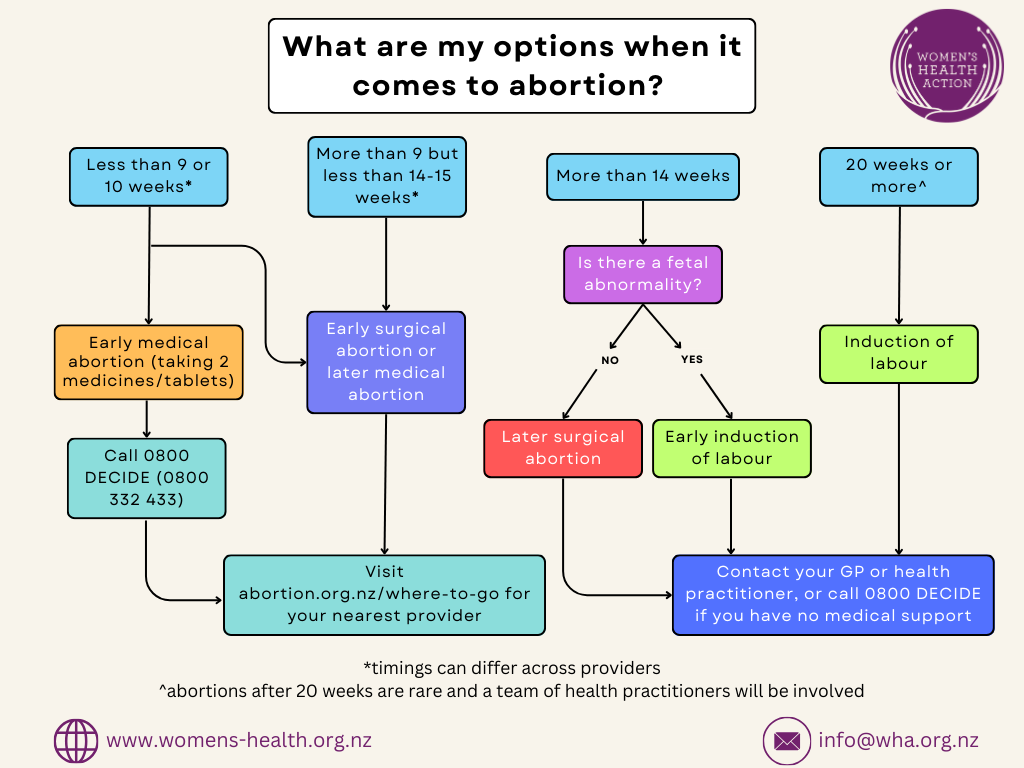
Advice on Pregnancy Termination
Introduction
Pregnancy termination, also known as abortion, is a highly personal and often difficult decision that can be faced by women and their families. The decision to terminate a pregnancy is not one that should be taken lightly, and it is important to weigh all of the factors involved before making a choice.
Reasons for Pregnancy Termination
There are many reasons why a woman may choose to terminate a pregnancy. Some of the most common reasons include:
- Medical reasons: The pregnancy may pose a serious risk to the woman’s health or life.
- Fetal abnormalities: The fetus may have a severe medical condition that is incompatible with life.
- Unwanted pregnancy: The woman may not be ready to have a child or may not be able to provide for a child.
- Rape or incest: The pregnancy may have resulted from rape or incest.
Types of Pregnancy Termination
There are two main types of pregnancy termination:
- Medical abortion: This is a non-surgical procedure that uses medication to end the pregnancy. Medical abortion is typically used up to 10 weeks of pregnancy.
- Surgical abortion: This is a surgical procedure that involves removing the fetus from the uterus. Surgical abortion is typically used after 10 weeks of pregnancy.
Risks of Pregnancy Termination
All medical procedures carry some risks, and pregnancy termination is no exception. The risks of pregnancy termination vary depending on the type of procedure and the stage of pregnancy.
Medical abortion: The risks of medical abortion are generally low, but they can include:
- Vaginal bleeding
- Cramping
- Nausea
- Vomiting
- Diarrhea
Surgical abortion: The risks of surgical abortion are also generally low, but they can include:
- Infection
- Hemorrhage
- Damage to the uterus or cervix
- Scarring
Legal Considerations
The legality of pregnancy termination varies from country to country. In the United States, pregnancy termination is legal up to the point of fetal viability, which is typically around 24 weeks of pregnancy. However, some states have restrictions on pregnancy termination, such as parental consent laws or waiting periods.
Emotional Considerations
Pregnancy termination can be a very emotional experience. Women who choose to terminate a pregnancy may experience a range of emotions, including:
- Grief
- Loss
- Guilt
- Shame
- Relief
It is important to remember that these emotions are normal and that there is no right or wrong way to feel. It is also important to seek support from family, friends, or a therapist if you are struggling with the emotional aftermath of pregnancy termination.
Decision-Making Process
The decision to terminate a pregnancy is a personal one that should be made in consultation with a healthcare provider. The decision-making process should involve weighing the risks and benefits of pregnancy termination and considering the woman’s individual circumstances.
Support
If you are considering pregnancy termination, there are many resources available to help you make a decision and provide support. These resources include:
- Healthcare providers
- Family planning clinics
- Crisis pregnancy centers
- Abortion funds
- Online support groups
Conclusion
Pregnancy termination is a complex and personal decision that can be faced by women and their families. It is important to weigh all of the factors involved before making a choice and to seek support from healthcare providers and other resources.